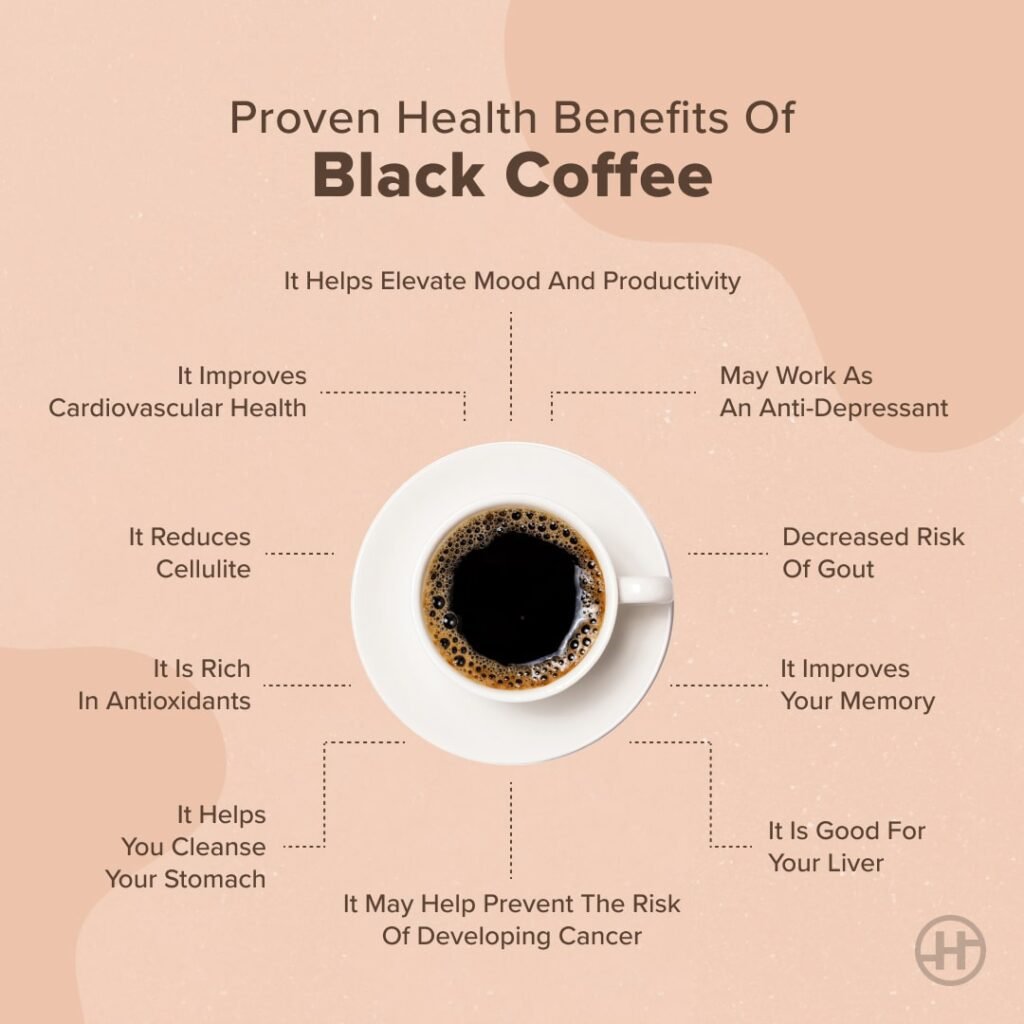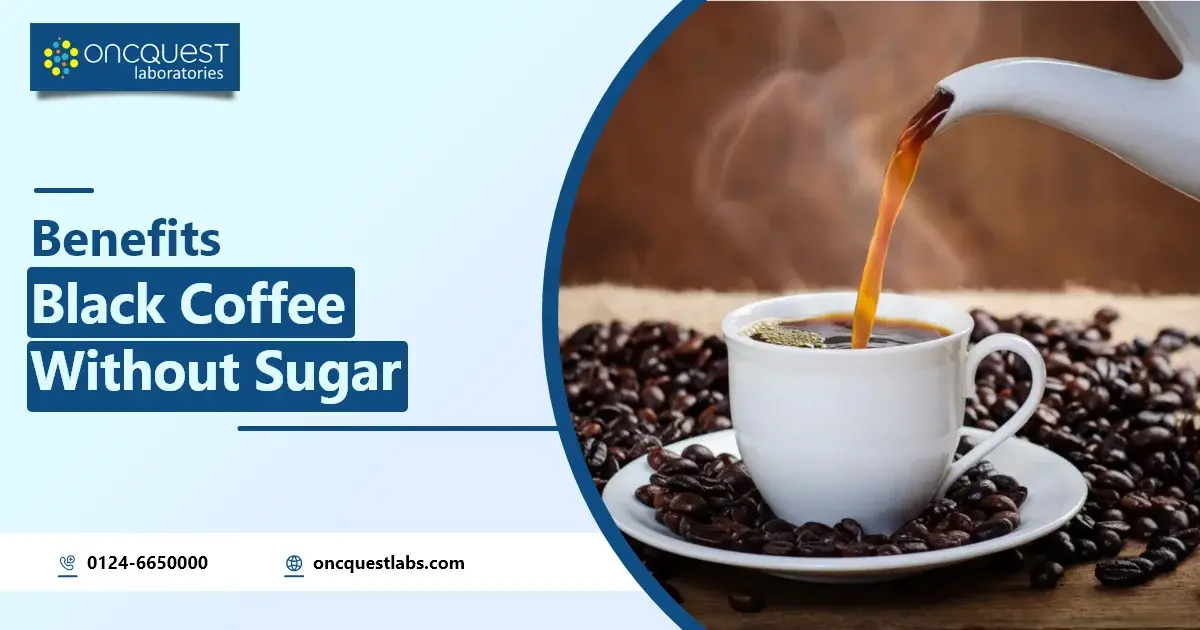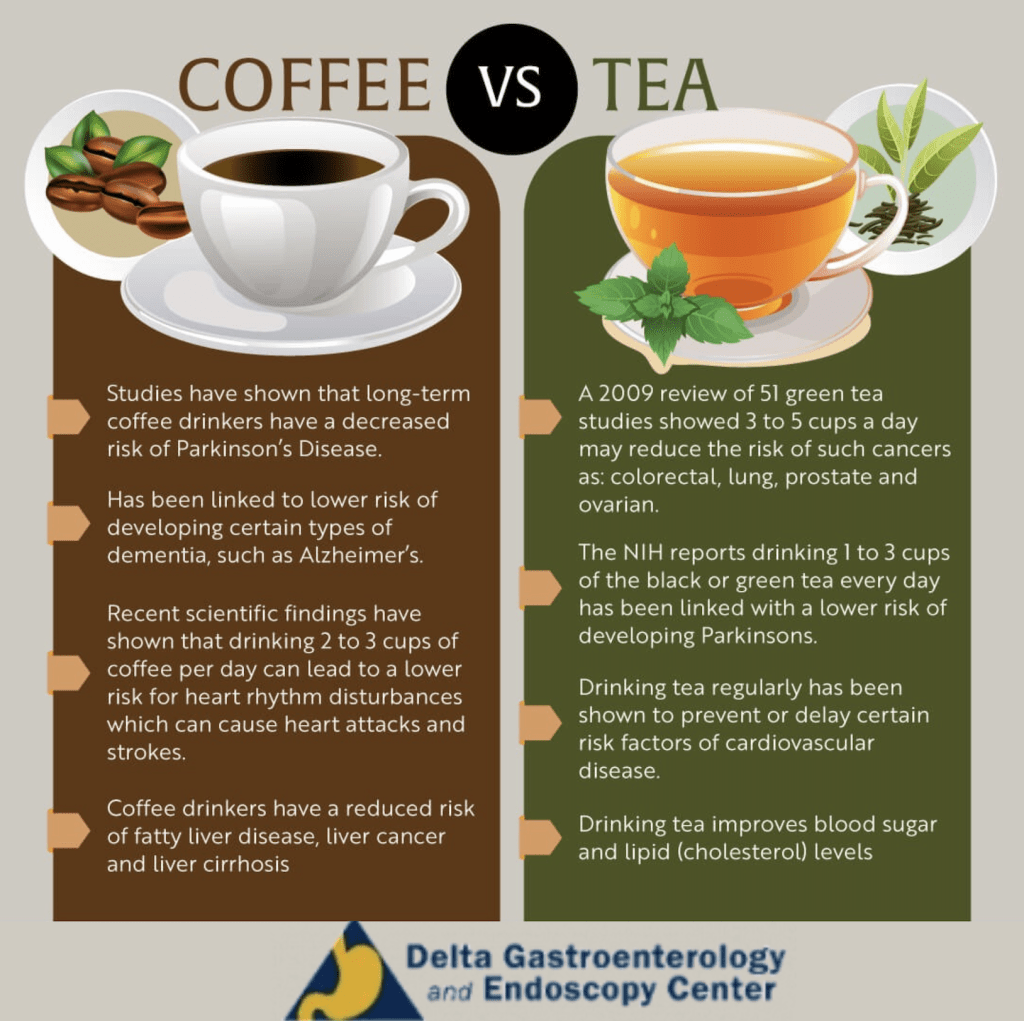Have you ever wondered whether you should drink your coffee with or without sugar? It’s a question that many coffee enthusiasts grapple with daily. Coffee is a beloved beverage enjoyed by millions worldwide, and how you choose to sweeten it—or not—can have various implications for your health, experience, and overall well-being. Let’s explore whether coffee is better for you with or without sugar.

The Basics of Coffee and Sugar
Before diving into the health aspects, it’s essential to understand what happens when you add sugar to your coffee. Coffee is naturally bitter, and adding sugar can make it more palatable. However, this comes at a cost—calories, blood sugar spikes, and potential long-term health implications.
The Chemistry of Coffee
Coffee beans contain a variety of compounds, including antioxidants, caffeine, and other phytochemicals, that offer multiple benefits. When brewed, coffee releases these compounds, which contribute to its complex flavor and health benefits.
Sugar: An Overview
Sugar is mainly composed of sucrose, a simple carbohydrate that breaks down into glucose and fructose in your body. While it provides a quick source of energy, high sugar intake is associated with various health issues such as obesity, Type 2 diabetes, and heart disease.
The Health Implications of Drinking Coffee Without Sugar
Choosing to drink your coffee black or with minimal additives is often recommended by health experts. Here’s why:
Lower Caloric Intake
Black coffee contains virtually no calories, while adding sugar substantially increases the calorie count. This can be especially important if you’re watching your weight.
No Blood Sugar Spikes
Sugar can cause rapid spikes in your blood glucose levels, followed by sudden drops, leading to energy crashes. Black coffee, free from added sugars, doesn’t have this effect.
Preserving Antioxidant Benefits
Coffee is rich in antioxidants, but scientists believe that adding sugar may interfere with their absorption. By drinking coffee without sugar, you maximize the antioxidant benefits.
Reducing Risk of Chronic Diseases
Long-term consumption of high-sugar diets can lead to chronic ailments such as diabetes and heart disease. Opting for sugar-free coffee can help you avoid these risks.
The Drawbacks of Drinking Sugar-Free Coffee
While drinking coffee without sugar has its benefits, it’s not without its downsides for some people.
Adjusting to the Bitter Taste
The absence of sugar can make coffee taste too bitter for some, leading them to either add something else (like artificial sweeteners) or give up coffee altogether.
Potential for Overconsumption
Because black coffee is low in calories and doesn’t lead to blood sugar spikes, some people might feel it’s okay to drink more of it, leading to other issues like excessive caffeine intake.
Adding Sugar: The Pros and Cons
While sugar generally gets a bad rap, adding it to your coffee isn’t all bad if done in moderation.
Immediate Energy Boost
Sugar provides a quick energy boost, which can be particularly beneficial in the morning or during an afternoon slump.
Enhanced Flavor
For many people, adding sugar to coffee improves its taste and makes the drink more enjoyable, encouraging moderate coffee consumption.
However, these benefits come with their own set of drawbacks:
| Pros of Adding Sugar | Cons of Adding Sugar |
|---|---|
| Quick energy boost | Increased calorie intake |
| Enhanced flavor | Blood sugar spikes |
| Temporary mood lift | Risk of addiction |
Increased Caloric Intake
Each teaspoon of sugar adds about 16 calories. While this might seem negligible, it can add up quickly if you drink multiple cups per day.
Blood Sugar Spikes and Crashes
The sugar-induced blood sugar spikes can leave you feeling fatigued and hungry soon after, leading to a vicious cycle of sugar cravings.
Potential for Weight Gain
Long-term, the extra calories from sugar can contribute to weight gain, which carries its own set of health risks.

Alternative Sweeteners: A Middle Ground?
If you enjoy the taste of sweet coffee but are cautious about the health impacts of sugar, you might consider alternative sweeteners.
Natural Sweeteners
Natural sweeteners like honey, maple syrup, or agave nectar can be healthier alternatives to refined sugar. However, they also have similar caloric and blood sugar effects.
Artificial Sweeteners
Artificial sweeteners like aspartame, sucralose, and stevia offer a way to enjoy sweet coffee without the associated calories. It’s worth noting, however, that these come with their own controversies and potential health considerations.
Psychological and Social Aspects
Drinking coffee is often a social activity, and how you take your coffee can influence your social interactions.
Social Settings
In social settings, choosing a sugar-laden coffee drink might make you fit in better, especially if everyone else is indulging. On the flip side, requesting sugar-free options can sometimes spark a conversation about health, which might influence others positively.
Personal Preference and Comfort
At the end of the day, your personal preference is vital. Forcing yourself to drink sugar-free coffee if you don’t like it can make the experience unenjoyable, and it’s essential to balance health with enjoyment.

Tailoring Coffee to Your Lifestyle
The best way to enjoy coffee, healthily, is to tailor it to your lifestyle and specific health needs.
For the Health-Conscious
If you are very conscious about your health, consider gradually reducing the amount of sugar in your coffee until you can enjoy it without any sweeteners.
For the Moderation Enthusiast
If you believe in all things moderation, a little sugar in your coffee might not be a big deal. Just be cautious not to overdo it.
For the Social Butterflies
If you find yourself in social situations often, perhaps choose a middle ground with less sugar or opt for alternative sweeteners to keep both your health and social life happy.
Practical Tips for Reducing Sugar in Coffee
Reducing sugar in your coffee doesn’t have to be a chore. Here are some practical tips to help you adjust:
Use High-Quality Coffee Beans
High-quality coffee beans often have more complex flavors that can be enjoyable even without sugar. Experiment with different beans and roasts to find one you like.
Gradually Cut Back
Reduce the amount of sugar you add gradually. Your taste buds will adjust over time, making the transition easier.
Explore Spices
Try adding spices like cinnamon, nutmeg, or cardamom to your coffee. These can add flavor and some health benefits without the need for sugar.

Conclusion
Is coffee better for you with or without sugar? The answer largely depends on your personal health goals, lifestyle, and taste preferences. While drinking coffee without sugar generally offers more health benefits, the enjoyment and social aspects of adding a little sugar can also be significant.
Final Thoughts
Ultimately, the best approach is a balanced one. Be mindful of your sugar intake, but don’t feel guilty about enjoying a sweet cup of coffee every now and then. Moderation is key, and understanding the pros and cons can help you make informed choices that suit your lifestyle and well-being.
